Song Contest’s 100th Anniversary: Leaving Behind a Legacy
The students collaborate and visually map out their songs with an outline of verses and key words.
With it being the 100th annual Song Contest, a change has been implemented, allowing for students to compose songs that will be remembered for generations.
This year’s Song Contest celebrates its 100th anniversary by giving the students the chance to work together and create the songs that will be sung during the event. A large group of students filled out applications, elaborating on their favorite Hawaiian songs and the personal connections that they have to Hawaiʻi. For each song topic for Song Contest, a total of 10-15 students have been selected to produce a new mele that will carry on for generations.
The theme for this year’s Song Contest is “No ka Poʻe i Aloha i ka ʻĀina”, figuratively meaning “the love that we have for our land”. All of the 10 songs that the cohorts will be creating have to do with a different place or aspect of the Hawaiian Islands, such as Kahoʻolawe, Kalaupapa, or Fissure 8.
Seth Asano, 11th grade men’s director said, “Being in Haku Mele taught me many things. Haku Mele really taught me how to be a leader. We all helped each other bring out that creative and symbolic side of us all.”
The significance of Song Contest is seen as a revival of cultural identity and a chance to sing for various kūpuna. However, this year, things are changing. The Haku mele cohorts will be in charge of writing stories pertaining to Hawaiʻi today, helping to share with the future lāhui who we really were altogether 100 years prior. Everyone understands how important it is to keep a connection between the present and future generations.
A member of the ‘Iwi Kūpuna cohort, Chase Kane said, “When we were introducing ourselves at the first cohort meeting, we explained to Kumu Pili how a lot of us didn’t have much Hawaiian language experience. She then explained to us that even if we might not be able to understand or speak the Hawaiian language, it will always be a part of who we are. It’s in our bones, even when we don’t feel like it is.”
The interconnectedness of the present lāhui to the theme of Song Contest this year is needed in order for these new songs to be expressed in a way that makes everyone proud. Having the chance to create new traditions and mele that the classes will sing, shows a lot about how everyone is moving forward as a people.
“Being in a Haku mele cohort is so surreal. Everyone comes from a different background with their own story to share, yet in this instance, we are all able to focus in on one collective goal. We all want to share the story of the present in order to connect to our past and our future,” said senior Hannah Asano.
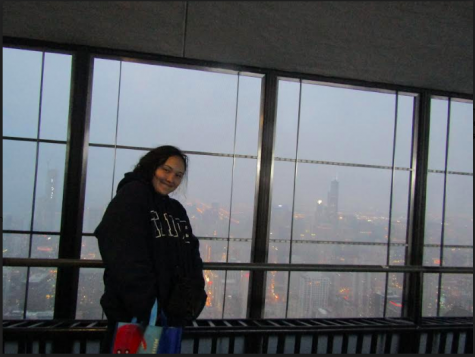
EMAIL: [email protected]
Hello! My name is Kiana Kalahele and I reside in Waipahu, O’ahu. I have been attending Kamehameha Schools since 4th grade and I am a senior. This is my first year as a reporter on the staff of Ka Mōʻī and I am very excited for the year ahead. Other than being a part of Ka Mōʻī, I really enjoy traveling, taking photos, drawing, and participating in my extracurricular activities. I hope that through being a reporter for Ka Mōʻī, I will learn valuable skills in order to provide the best content for our schoolʻs newspaper.


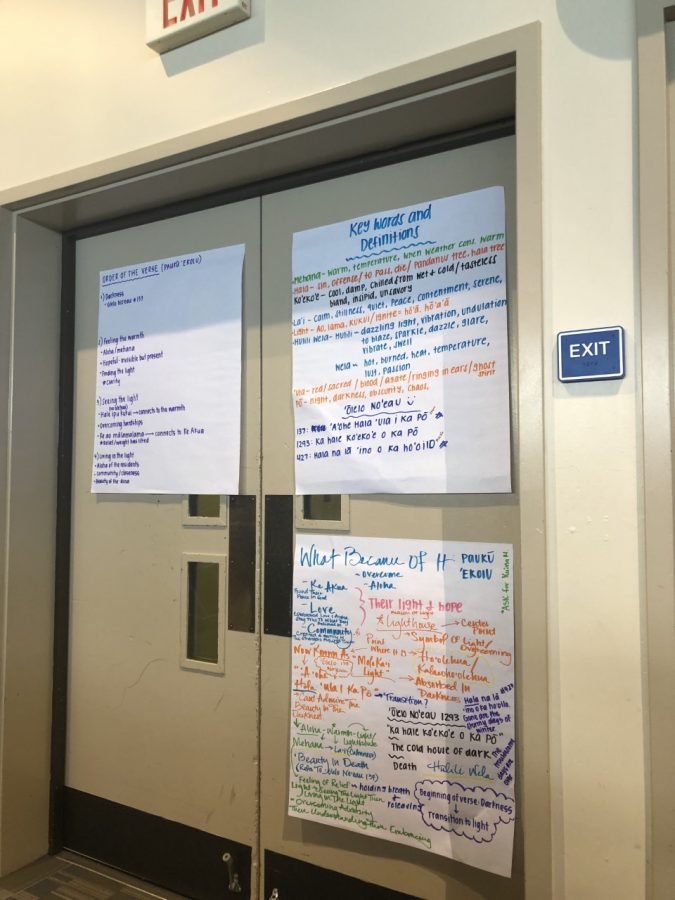
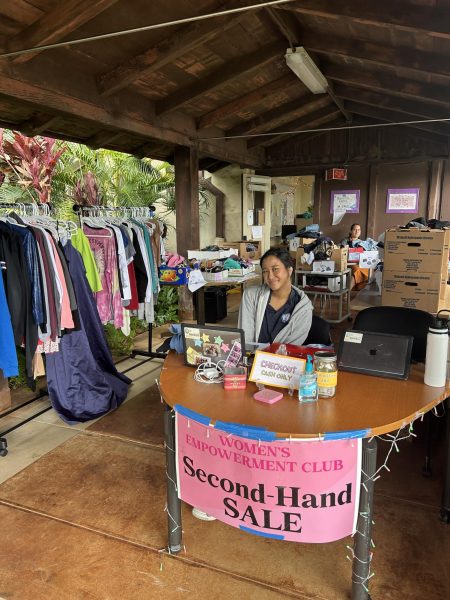
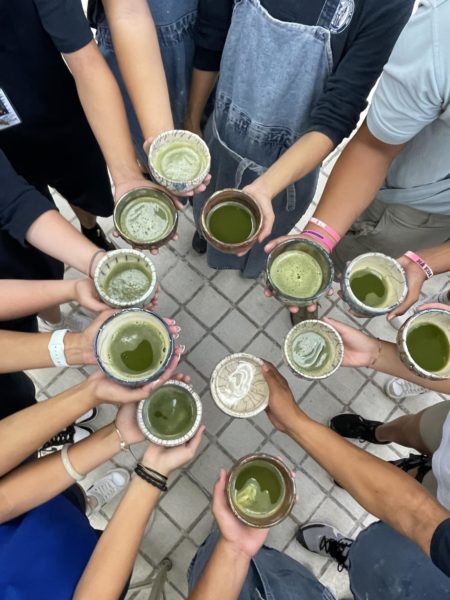
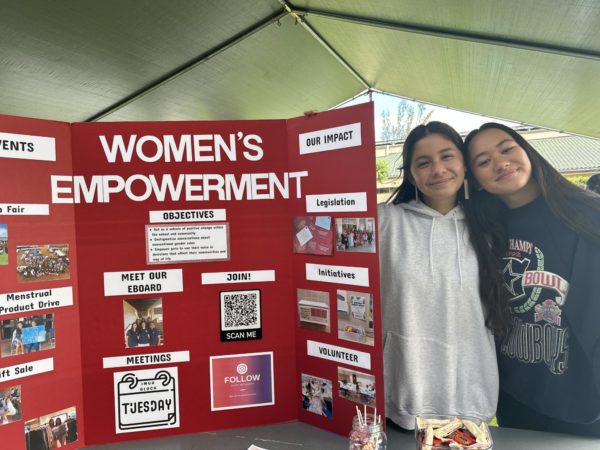
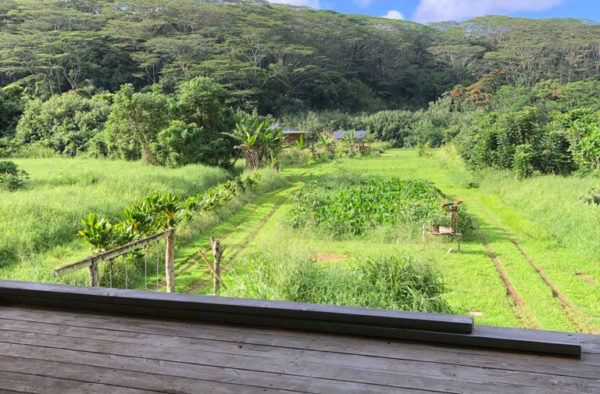
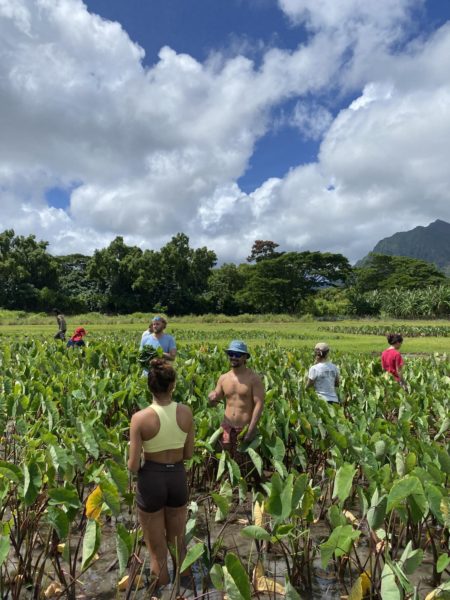
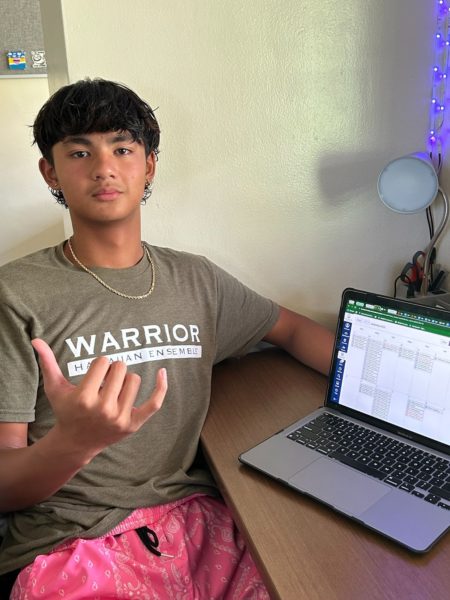
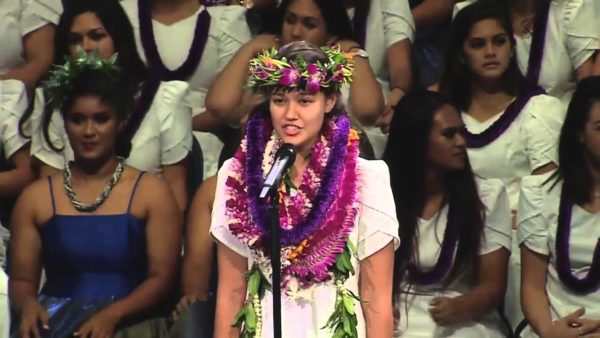
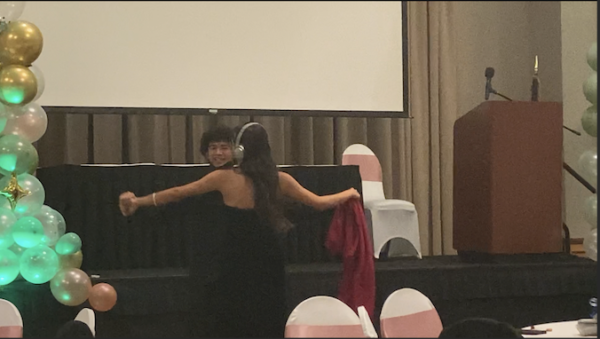
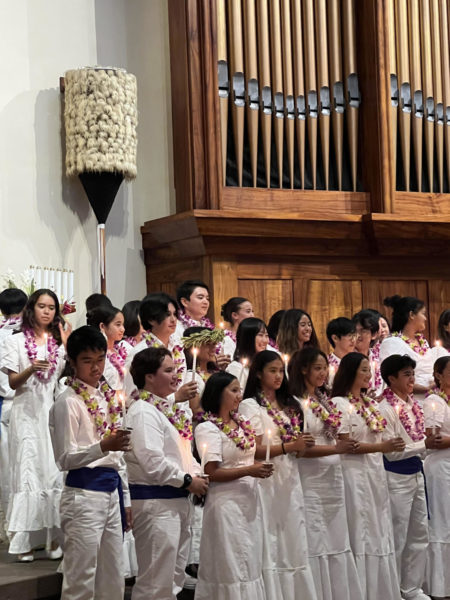
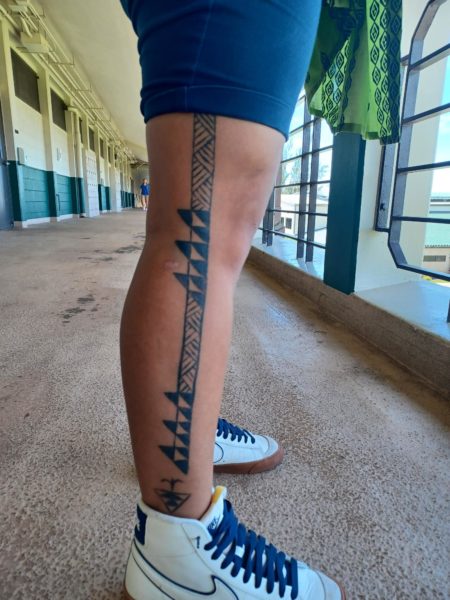
Kanoe Igarashi • Feb 11, 2020 at 5:29 am
I really love the decision for students to write their own songs this year because I feel that it will allow students (not just the ones writing the songs) to really feel the specialness and meaning of this year’s song contest. Considering the political and environmental climate in Hawaii and all over the world, connecting us young Hawaiians to our culture and values is very important during these times of change.